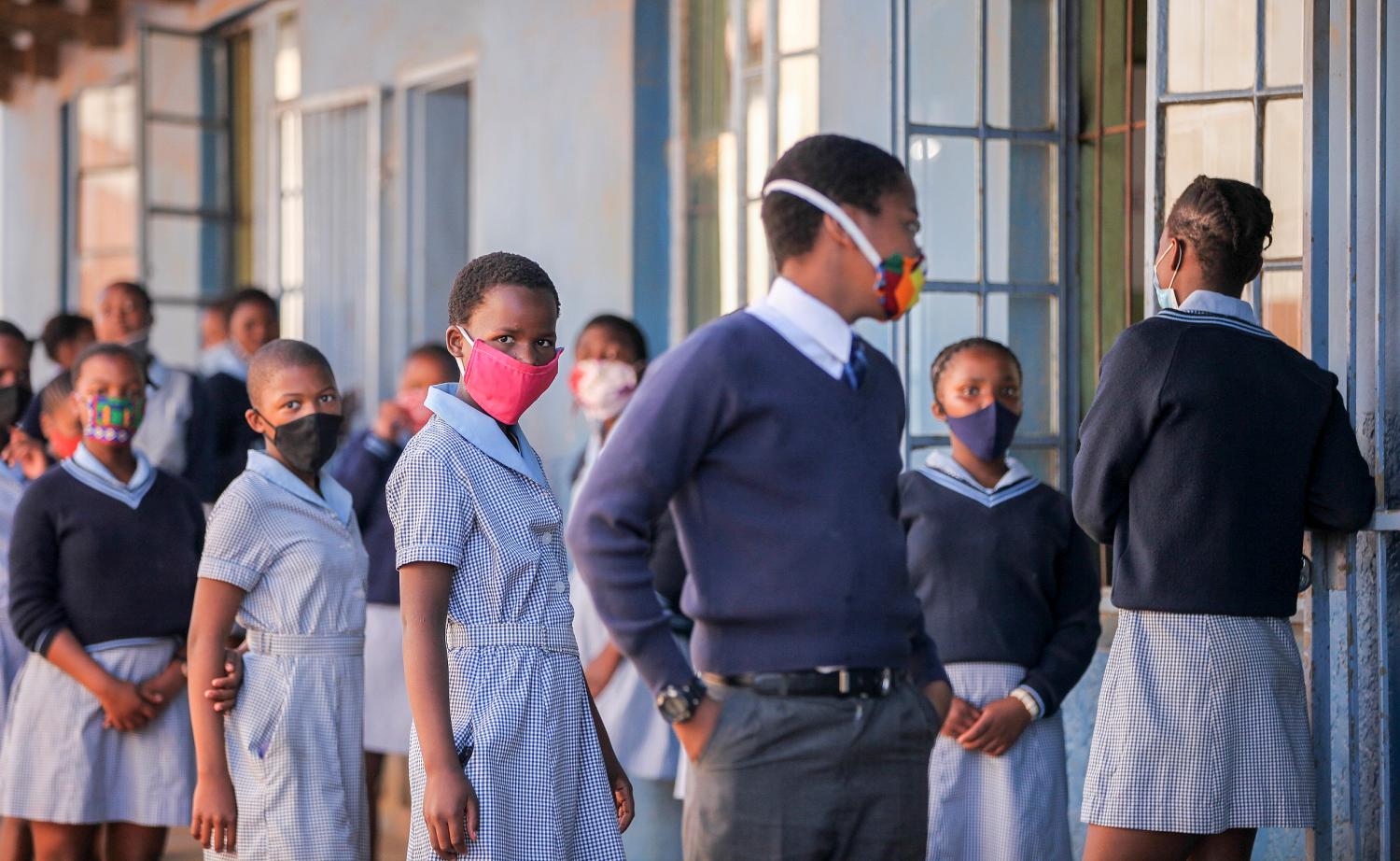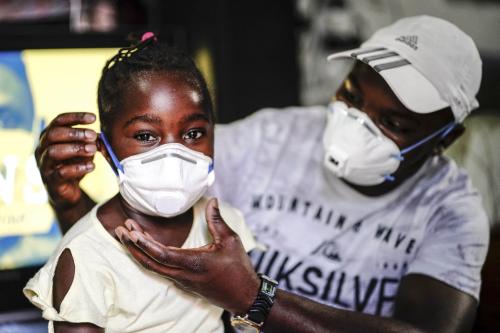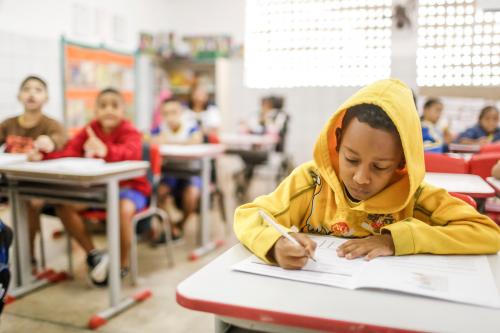For more than a year and a half, the COVID-19 pandemic has upended life around the world, with outsized impacts on vulnerable populations in particular. With lockdowns and stay-at-home orders, many have been unable to regularly attend school or find work. Those already struggling to afford the basics have been hit by unstable and rising commodity prices and faltering formal and informal economies. Amid these challenges, social services programs intended to help vulnerable populations address many of these issues have themselves struggled due to safety concerns, inability to access populations in need, decreases in staff, and contractual or financial constraints.1 These challenges have been particularly acute in many lower- and middle-income countries, which have faced the additional obstacles of access to vaccines and other life-saving medical technology.
Since many social service programs globally are implemented by independent organizations via public-private partnerships, the flexibility and adaptability of these programs are usually determined by the structure of their contractual and/or financial arrangements. While there have been some studies2 of how social services have adapted delivery in response to various crises, there is little to no empirical research exploring how different contractual and financial arrangements for social services programs impact their resilience in a crisis. We hypothesize that different approaches to contracting and financing social service delivery would produce varying responses in a crisis, and thereby directly impact the ability of these programs to achieve social outcomes.
In this study, we examine how a particular type of results-based contracting for social services—social and development impact bonds—has weathered the COVID-19 crisis. Over a six-month period, we surveyed 25 different stakeholders from 12 impact-bond-funded projects operating in low- and middle-income countries (LMICs) around the world. Our analysis found many different adjustments to service delivery, M&E, outcome metrics, and investments and repayments of impact-bond-funded projects. As expected, stakeholders reported that it was difficult to achieve original project outcomes, due to major disruption of service delivery as a result of COVID-19. The major adaptations and challenges that these impact bond stakeholders reported in their discussions with Brookings are detailed in this study.
Ultimately, the study uncovers insights on the many adjustments and modifications impact-bond-funded projects have made over the past year and a half: What are they, and what can they tell us about impact bonds as a tool for financing development projects in times of crisis?
-
Footnotes
- The U.S. Federal Emergency Management Agency. (2020). COVID-19’s Impact on the Human and Social Services Sector. Washington, D.C.: FEMA. https://www.fema.gov/sites/default/files/2020-11/fema_covid-19-impact-human-social-services-sector_best-practice_11-16-20.pdf
- Britwum, K., Catrone, R., Smith, G.D. et al. A University-Based Social Services Parent-Training Model: A Telehealth Adaptation During the COVID-19 Pandemic. Behav Analysis Practice 13, 532–542 (2020). https://doi.org/10.1007/s40617-020-00450-x
The Brookings Institution is committed to quality, independence, and impact.
We are supported by a diverse array of funders. In line with our values and policies, each Brookings publication represents the sole views of its author(s).










